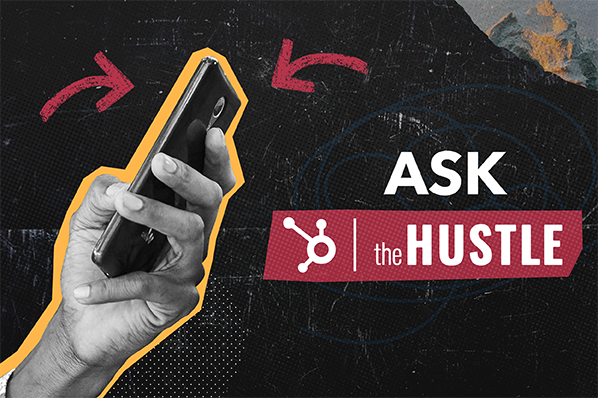Being your own boss can bring its own kind of struggles. In The Hustle's survey of more than 300 entrepreneurs, 63% of entrepreneurs reported dealing with burnout, while 59% said they struggle with anxiety and 47% with depression, among other mental health issues.

The same creativity and drive that enable entrepreneurs to succeed can be the culprit for mental illnesses. However, founders can maintain their mental health by finding ways to explore activities outside of the workplace, according to psychologists who specialize in entrepreneurial well-being.
Though not all readers reported healthy coping mechanisms a small percentage cited drugs, alcohol, caffeine, or denial as their coping tools most pointed to exercise (73%), talking to friends and family (56%), and engaging in hobbies (48%) as outlets for the pressure of entrepreneurship.
.webp?width=598&height=398&name=Self-reported%20coping%20mechanisms%20(1).webp)
Having fun in your spare time is more important than you might think: One study found that surgeons who exercise or enjoy hobbies outside of work report a higher quality of life than those who do not.
Respondents reported a range of activities and hobbies they enjoy outside of work to create more balanced lives. Talking and sharing stories with other entrepreneurs, sports, and time focusing on children and family members were common themes. Other highlights from readers include:
"I volunteer, it gives me a better view of what goes on in the world." — Angel Asare
"Activities that require my sole focus in the moment, like rock climbing. I have also started learning chess, I am horrible but that makes it all the more engaging." — Kyle Biane
"I play ice hockey once a week and recently hired a personal trainer to come to the office twice a week to give me a workout, which forces me to take a break." — Aaron Udler
"Anything creative is super good for me as an entrepreneur art, design, puzzles something where my logical brain can turn off for a bit is what often triggers lots of creative ideas and allows my brain to work through bigger problems." — Deya Aliaga Kuhnle
"I go line dancing and practice yoga. They help me relieve stress and teach me to let things go." — Lauren Kenes
"I have 2 small kids, so that's a big part of my thinking. Wondering how my kids will perceive me when they get older and the desire to provide a foundation for them has become one of my main motivators to get better." — Charles Wekselbaum
Whatever the outlet, entrepreneurs can protect their mental health more effectively when they take dedicated time away from work to do something they are passionate about.
And for some, their passion is helping others better their mental health. A handful of readers reported that they've actually started their own businesses in the mental health space, including:
- Encompass Tutorial Services by Jessica Shore
- Let's Chat About It by Garrison Grant
- Maindcare by Piermatteo Grieco
- NeuraSonic by Steve Boullianne
- Peace of Mind by Aras Toker
Building a business can often require that entrepreneurs pour most of their time and energy into their ventures but it's important to prioritize pursuits outside of work. The more you refuel, the better a founder you can be.
.jpg?width=48&height=48&name=IMG_2563%20(1).jpg)

.png)
-May-20-2022-02-28-21-77-PM.png)
.png)
-3.png)
.png)

%20(1)-1.png)
%20(1).png)
